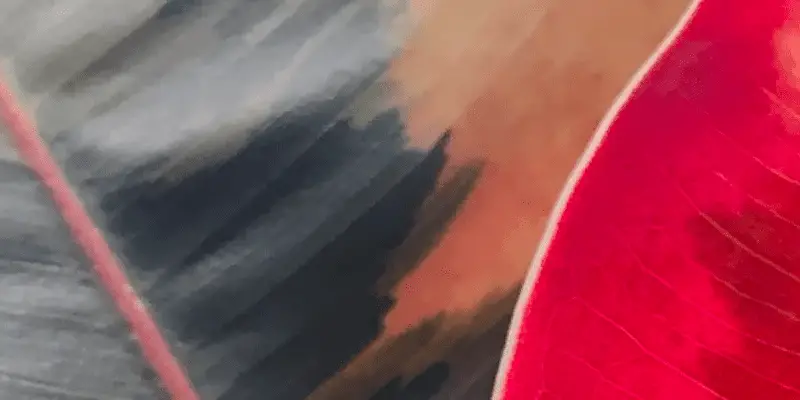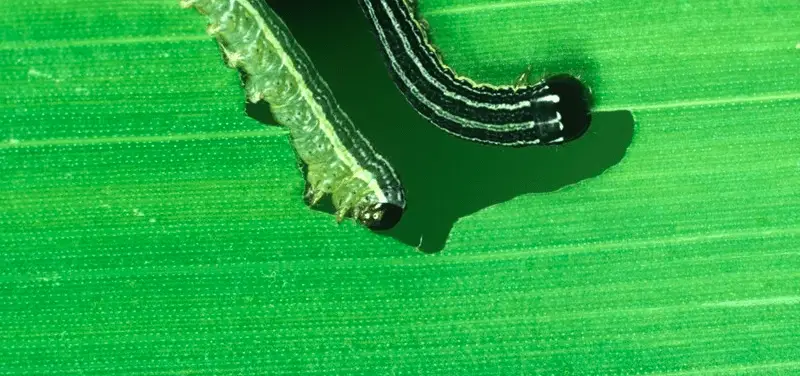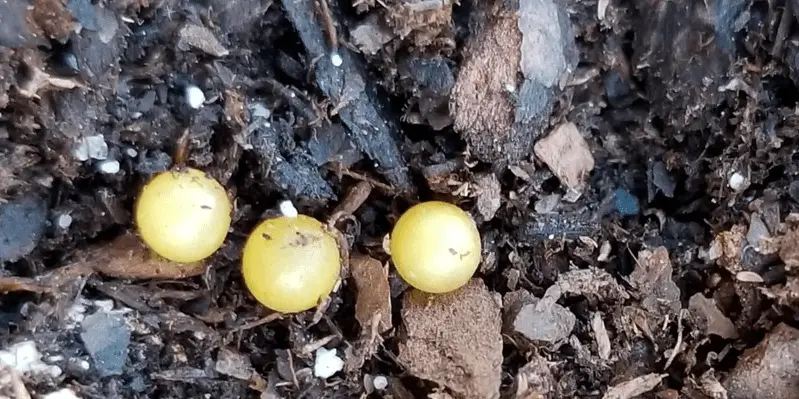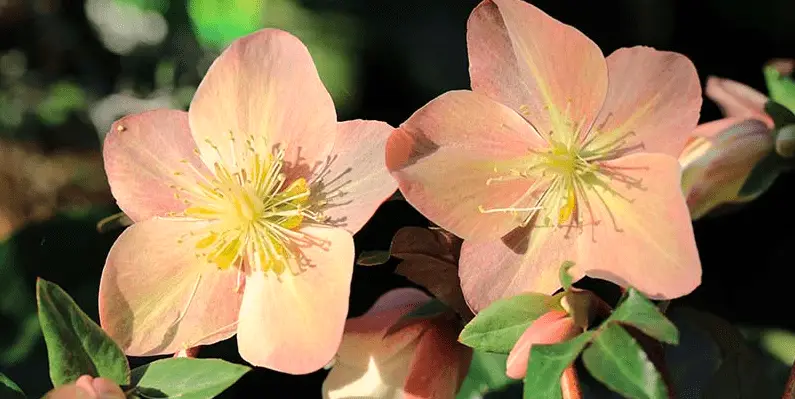There is a nasty little bug that is wreaking havoc on plants all across the country this year, and many gardeners are looking for ways to get rid of them. This bug is called the squash bug, and it can be quite difficult to get rid of.
In this blog post, we explore whether or not vinegar can kill squash bugs and help you get rid of them for good.
Will Vinegar Kill Squash Bugs?
Yes, vinegar can kill squash bugs. Vinegar is a natural insecticide that can be used to kill a variety of different pests, including squash bugs.
To use vinegar to kill squash bugs, simply mix equal parts water and vinegar in a spray bottle and spray it directly on the bugs. The acid in the vinegar is great at killing pests, but it can also damage your plants if you’re not careful.
In fact, vinegar is used as a herbicide by some farmers. This means you’re essentially using the same stuff to kill weeds that you’re using to kill squash bugs.
So, while vinegar can be effective at killing squash bugs, you need to be careful not to damage your plants in the process. If you’re not careful, you could end up doing more harm than good.
I recommend using neem oil if you want to get rid of squash bugs without damaging your plants. Neem oil is a natural insecticide that is safe to use around humans and animals.
If you’re going to use vinegar to kill squash bugs, you need to be careful not to damage your plants. Here are a few tips on how to use vinegar safely:
- Only use diluted vinegar. Never use full-strength vinegar on your plants
- Avoid spraying in direct sunlight. The heat from the sun can cause the vinegar to damage your plants
- Test a small area of your plant before spraying the entire plant. This will help you make sure the vinegar doesn’t damage your plants
- Be sure to rinse off the vinegar after spraying. The acid in vinegar can be harmful to your plants if it’s left on for too long
How to Use Vinegar on Squash Bugs?
There’s nothing too complicated about using vinegar to kill squash bugs. Simply mix equal parts of water and vinegar in a spray bottle and apply it directly to the bugs.
Dish soap can be added to the mix to help the vinegar stick to the bugs better. It’ll also help with getting rid of any eggs that might be on the leaves. Sugar can be used in place of dish soap if you’re worried about harming your plants.
You can also use diluted vinegar as a preventative measure. Simply mix one part vinegar with ten parts water and spray it on your plants every few days. This will help keep squash bugs from infesting your plants in the first place.
What Else Can I Do To Get Prevent Squash Bugs?
It’s also important to remember that squash bugs are attracted to weak and sickly plants. So, if you have squash bugs in your garden, it’s likely because you have some unhealthy plants.
Make sure you’re doing everything you can to keep your plants healthy. This includes providing them with the proper nutrients, watering them regularly, and making sure they’re getting enough sunlight.
Remove any dead or dying plants from your garden. This will help reduce the population of squash bugs and make it easier to control them.
You should also consider using a physical barrier to keep squash bugs out of your plants. This can be something as simple as placing a piece of cardboard or cloth around the base of your plants.
The key is removing squash bugs for the long term is to stop the larvae from hatching in the first place. This can be done by removing any potential breeding grounds, such as dead leaves and plants. Don’t let them hatch and you won’t have to worry about them for long.
Conclusion
In conclusion, vinegar can kill squash bugs. However, you need to be careful when using it so that you don’t damage your plants. Neem oil is a great alternative to vinegar if you’re looking for a safe and effective way to get rid of squash bugs.
If you have any questions about getting rid of squash bugs, feel free to leave a comment below. I’m always happy to help!
Tim is an avid gardener from the UK. He was the founder of PlantCarer.com from 2021 to Sep 2023. He sold PlantCarer.com to Aaron. He has since started his own business called Seed To Supper, which provides new gardeners all the materials you need in a box (pots, seeds, compost and instructions) to grow your own delicious and nutritious vegetables and herbs from start to finish – no garden required.









0 Comments